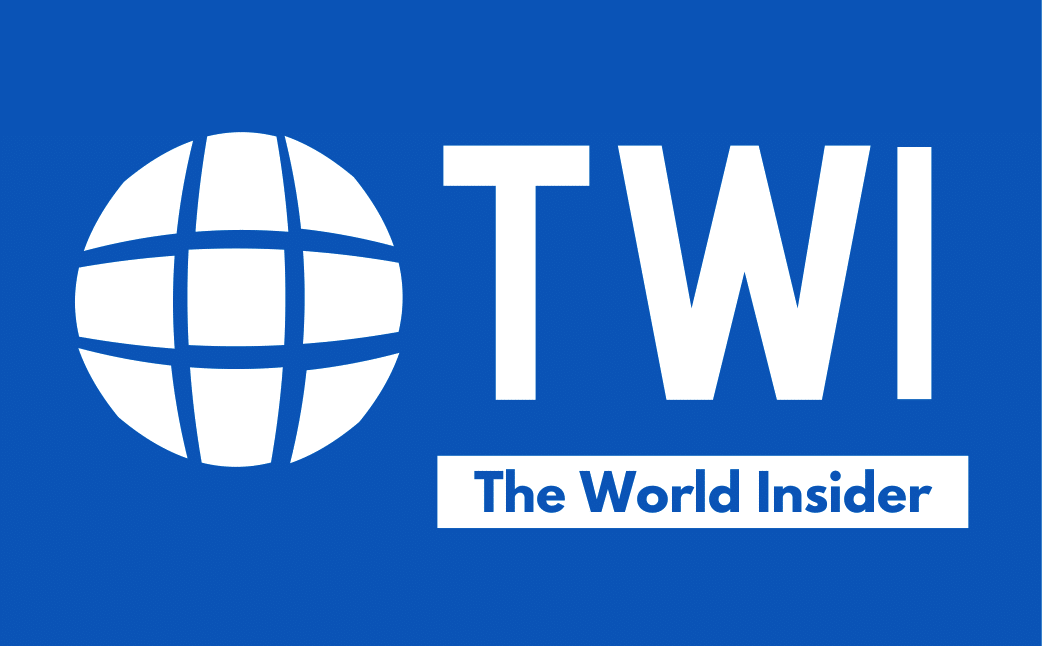On October 25, Sudan’s Armed Forces Chief General Abdel Fattah al-Burhan led a military takeover in Khartoum, ordering the arrest of the members of the cabinet and pro-government party leaders.
General Fattah al-Burhan dissolved the ruling council of Sudan in which the civilian and military leaders shared power.
Sudan’s Information Ministry said in a message that Prime Minister Abdalla Hamdok was moved to an unknown location after refusing to issue a statement in support of an ongoing military coup.
However, Sudan’s deposed prime minister and his wife were allowed to return home on Tuesday.
Sudan’s military chief ousted the transitional government, days after U.S. Special Envoy for the Horn of Africa Jeffrey Feltman met with Sudanese military and civilian leaders. The Department of State spokesperson denied that the U.S. had prior knowledge about the military takeover in the country.
International leaders called the coup a threat to democratic transition in Sudan and urged military leaders to restore the transitional government and work towards the restoration of democracy in the country.
The U.S. Department of State spokesman Ned Price told reporters that “The civilian-led transitional government should be immediately restored and represents the will of the people”.
The United States also suspended $700m aid to Sudan after a military takeover.
Sudan’s ambassadors to 12 countries, including the U.S., Canada, China, France, Belgium, South Africa, Qatar, Kuwait, the UAE, Turkey, Sweden, and the European Union and United Nations rejected the military takeover and signed on to the statement backing resistance to the coup.
Sudan witnessed chaos after a failed coup plot last month that resulted in bitter allegations between military and civilian groups that were supposed to share power in the country following the fall of longtime leader Omar al-Bashir in 2019.




